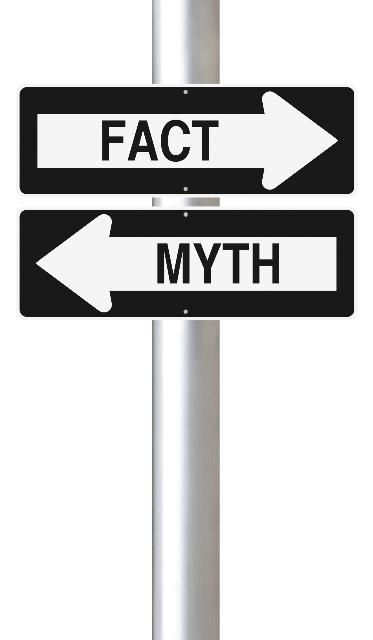
Credit: amanalang/iStock/Thinkstock, ©amanalang
What causes constipation?
Constipation is a common health concern for older adults and may contribute to a lack of appetite, as well as more serious health problems. Constipation may result from several health conditions and diseases and is a side effect of many drugs (Watari and Danowitz 2016). Lack of exercise also contributes to constipation (Knowles 2017). Low fiber intake is a common cause of constipation (Knowles 2017).
There are many myths about constipation. The following questions and answers address some of those myths.
Q: Does drinking lots of water prevent constipation?
A: Fluid intake alone will not prevent constipation (Shen et al. 2019). However, dehydration may contribute to constipation (Chung, Parekh, and Sellin 1999).
Q: Does eating cheese cause constipation?
A: A group of retirement home residents were given a 10-fold increase in cheese. No changes in signs of constipation were found (Mykknen et al. 1994).
Q: Does aging cause constipation?
A: Age alone does not cause constipation. Older adults are at increased risk of constipation due to lower fiber intake, medication use, immobility, and disease (DeGiorgio et al. 2015).
In practice, constipation is often defined by stool frequency of fewer than three times per week or lumpy, hard stool form. Symptoms include straining, prolonged passage of stool, pain, and incomplete emptying (Leung et al. 2011).
References
Chung, B., U. Parekh, and J. Sellin. 1999. "Effect of increased fluid intake on stool output in normal healthy volunteers." Journal of Clinical Gastroenterology 28(1):29–32. https://doi.org/10.1097/00004836-199901000-00006
De Giorgio, R., E. Ruggeri, V. Stanghellini, L. H. Eusebi, F. Bazzoli, and G. Chiarioni. 2015. "Chronic constipation in the elderly: a primer for the gastroenterologist." BMC Gastroenterology 15:130. https://doi.org/10.1186/s12876-015-0366-3
Knowles, C. H. 2017. "Constipation." In Coloproctology 103–20. Berlín: Springer Nature.
Leung L., T. Riutta, J. Kotecha, and W. Rosser. 2011. "Chronic constipation: an evidence-based review." The Journal of the American Board of Family Medicine 24(4):436–51. https://doi.org/10.3122/jabfm.2011.04.100272
Mykknen H. L., Karhunen, R. Korpela, and S. Salminen. 1994. "Effect of cheese on intestinal transit time and other indicators of bowel function in residents of a retirement home." Scandinavian Journal of Gastroenterology 29(1): 29–32. https://doi.org/10.3109/00365529409090433
Shen, L., C. Huang, X. Lu, X. Xu, Z. Jiang, and C. Zhu. 2019. "Lower dietary fibre intake, but not total water consumption, is associated with constipation: a population-based analysis." Journal of Human Nutrition and Dietetics 32 (4):422–431. https://doi.org/10.1111/jhn.12589
Watari, J., and M. Danowitz. 2016. "Etiology, Evaluation, & Osteopathic Management of Adult Constipation." Osteopathic Family Physician 8 (4):24.